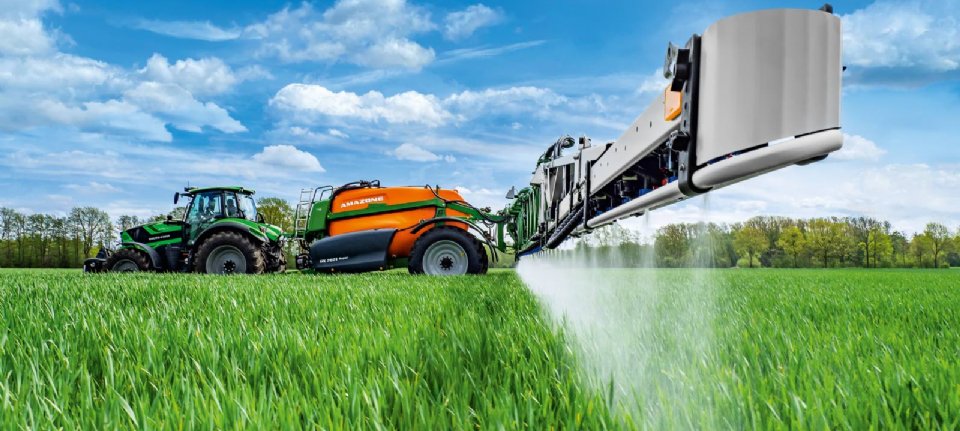EU: Dutch agriculture bad for water, air and biodiversity
The Dutch agricultural sector is a ‘source of concern’ for biodiversity and the quality of the air and water, according to the European Commission in a biennial environmental evaluation. State Secretary Vivianne Heijnen (Environment) has sent the report to the House of Representatives.
The committee points to the high nitrogen and particulate matter emissions from agriculture in the Netherlands, which are partly due to vulnerable nature, air quality and water. The concentrations are so high that the Committee believes that the Netherlands should take action in the short term. Emissions from, for example, steel factory Tata Steel in IJmuiden must also be reduced.
agricultural activities
The state of ecosystems remains ‘a persistent challenge’, despite the fact that the Netherlands has been successful. More than three-quarters of protected animal species and their combined species are under pressure, according to the commission. The committee recommends ‘addressing the high pressure of agricultural activities’, reports Heijnen.
The State Secretary writes that the committee’s summary is not new to the Netherlands and that it is already taking action on many fronts. In 2020, the government launched the Joint Nature Programme, for which 300 million euros will be made available annually. The Natura 2000 network is also being strengthened. Furthermore, the government’s commitment is to ‘achieve far-reaching emission reductions and environmental gains’ in agriculture.




